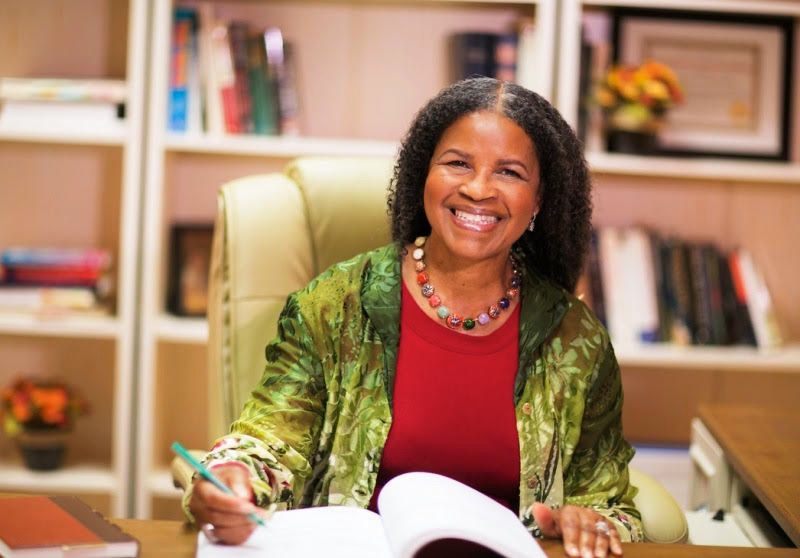
As a pastor and community activist in South Los Angeles, I’m daily reminded of how much poverty has affected the financial and spiritual wellbeing of our Black communities. With rising inflation, from food to gas prices, Black folks are being outpriced in their own communities. And because of historic discrimination, Black people face disproportionately high unemployment rates, leaving them unable to take care of their families and vulnerable to chronic poverty, homelessness and incarceration.
That’s why I felt hopeful when I learned about SB 1340, a new bill introduced by Senator Lola Smallwood-Cuevas (D-Los Angeles), a worker rights and racial equity advocate. The bill would require state-funded contractors to comply to equitable hiring programs to ensure that good paying jobs are going to workers who need them most. These contractors include those overseeing the state’s large-scale development projects, including $180 billion in federally funded green infrastructure projects planned for California over the next decade.
These equitable hiring programs would establish local “disadvantaged worker” demographics across California and require contractors to prioritize hiring these workers. This bill signals hope to our communities, as it gives Black workers access to wage-paying jobs and put them on a pathway out of poverty.
SB 1340 would also require contractors to regularly track and report workers hired on these projects, essentially proving that they are both hiring and retaining these disadvantaged workers. That’s critical, since Black people are typically the last hired, first fired in this industry.
Equitable hiring programs like these are not just pipe dreams. They actually have strong track records of putting low-income people of color to work. Case in point: In 2014, when LA Metro launched a project labor agreement that aimed to hire local disadvantaged residents for their Crenshaw/LAX rail line, Black worker representation on the project increased astronomically – from 2% to 23%.
When we see new infrastructure projects built in our cities, we should be able to see everyone working at these sites. But historically, Black people have been excluded from these development projects, even those built in our own communities. This is unacceptable. The State of California should do all it can to create job opportunities for Black workers who have been systemically overlooked by our workforce.
In recent weeks, I was encouraged to hear that SB 1340 was passed by the State Senate and Assembly Labor Committee. But it won’t become a law without Governor Newsom’s signature and commitment to funding it. This is no time for our governor to back down from a bill that can help lift us out of California’s Black job crisis. SB 1340 is an opportunity for our governor to look out for Black communities who are in need of a step up. After all, this bill investment won’t just benefit Black communities, but California as a whole.
SB 1340 will head to the Governor’s desk to be signed this summer. To voice your support of SB 1340, please call or email your state legislator’s office or call the Office of the Governor at (916) 445-2841.
Pastor K.W. Tulloss is the president of the Baptist Ministers Conference of Los Angeles & Southern California.







